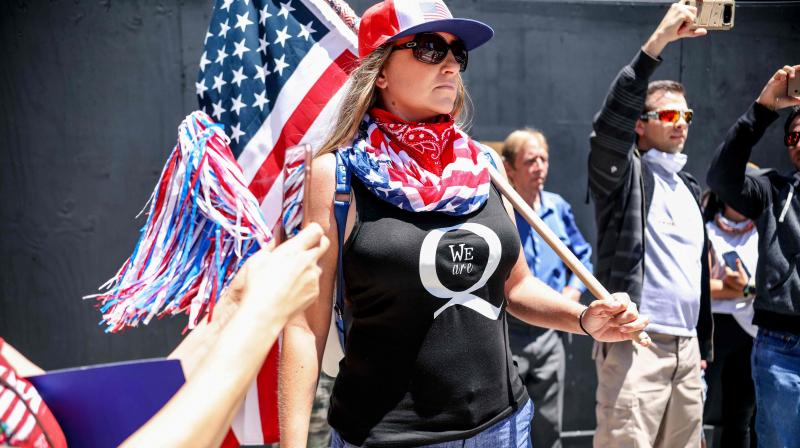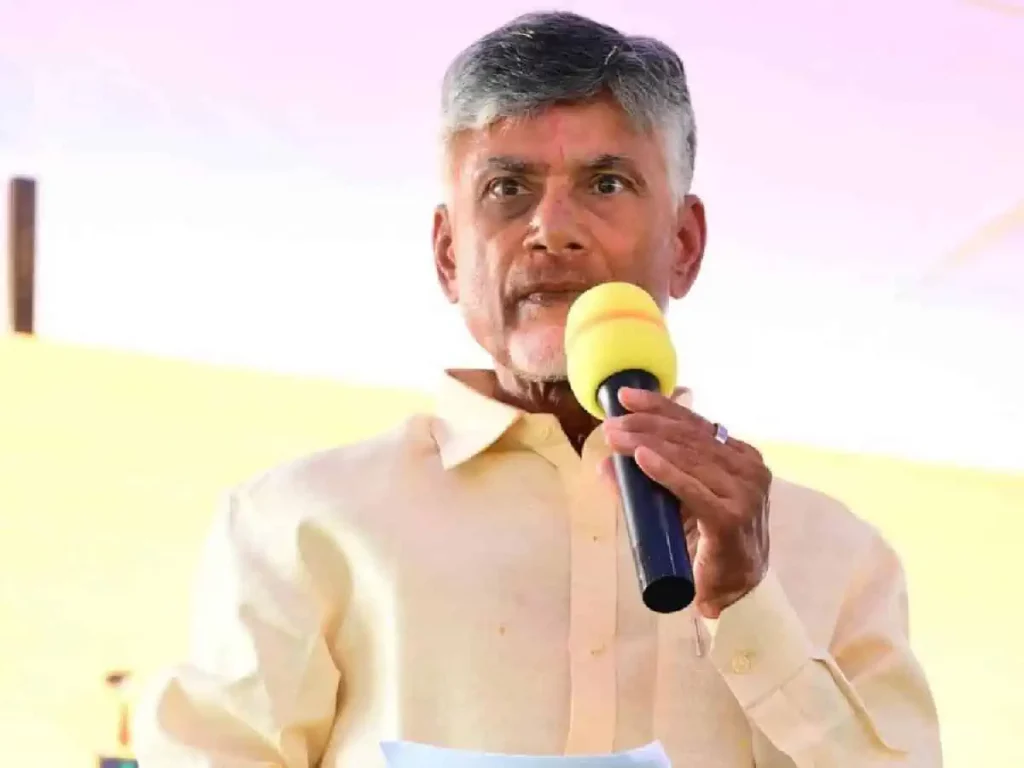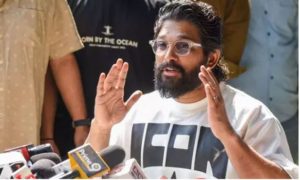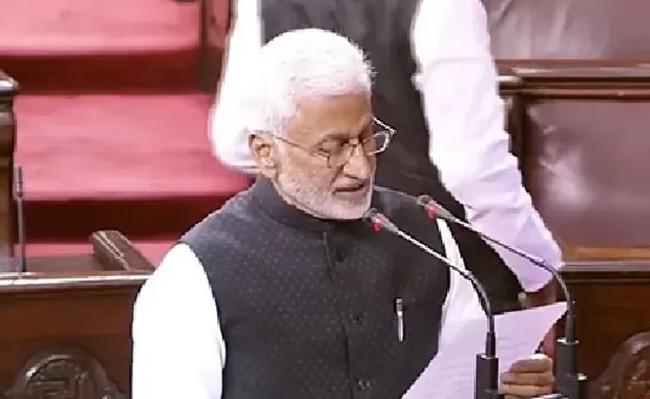 Washington: Twitter’s decision to crack down on the conspiracy-theory mongering of QAnon underscores the loose-knit group’s increasing reach into the mainstream of US politics.
Washington: Twitter’s decision to crack down on the conspiracy-theory mongering of QAnon underscores the loose-knit group’s increasing reach into the mainstream of US politics.
From an anonymous 2017 posting claiming bizarre child exploitation and deep state plots, the headless and bodiless movement has earned a place in President Donald Trump’s Twitter stream.
His son Eric posted a QAnon image to promote his father’s recent campaign rally; and more than a dozen Republican candidates for Congress in November openly support the group.
But Twitter’s decision this week to shut down some 7,000 accounts pushing QAnon material came amid rising concerns that the movement could spawn violence.
The FBI last year said in a report that QAnon was one of several movements that could drive “both groups and individual extremists to carry out criminal or violent acts.”
Anti-mask rallies
QAnon began three years ago with posts on the fringes of social media by the self-identified, anonymous “Q”.
They alleged that Democrats ran a global child kidnapping and sex trafficking conspiracy, and that the US security establishment “deep state” was conspiring against Trump.
Q moved his or her posts to more prominent sites and picked up followers, helped by Trump’s repeated claims that there was indeed a plot against him from inside the US government.
The movement now appears to have possibly hundreds of thousands of followers in a loose network, expanding and embellishing numerous baseless conspiracy stories, and speaking of a “great awakening” coming with Trump.
They wear shirts and patches with large “Q” symbols, often together with the US flag and their motto “Where We Go One, We Go All,” expressed #WWG1WGA.
They also have an international presence, especially in Europe, where a French QAnon website has more than 25,000 followers, according to Julien Bellaiche at the Global Network on Extremism and Technology.
The group became a force this year in the protests against confinement and masks during the COVID-19 pandemic, in both the United States and Europe.
Some claim the virus is a hoax and others that it is China’s contribution to the plot against Trump.
A significant number of QAnon adepts are joining Trump rallies, and the movement has followers in the military and police as well.
A Florida SWAT-team member assigned in 2018 to protect Vice President Mike Pence wore a QAnon patch on his chest.
And last week Ed Mullins, the head of a New York police union, spoke on Fox news over video with a coffee cup carrying a QAnon logo prominent behind him.
Embraced by Republicans
Sometimes tacitly and increasingly openly, Republicans, including Trump and the White House, are embracing QAnon and its bizarre theories as part of the party’s base.
Media Matters, a watchdog group, said it counted 185 times that Trump amplified the QAnon message in likes and retweets on Twitter, 90 in recent months.
Trump’s former national security advisor Michael Flynn recently took an “oath” of fealty to QAnon, while seeking donations from its followers to fight his federal court conviction on lying to the FBI about his Russian contacts in 2016.
Last October Erin Perrine, the director of press communications for Trump’s 2020 reelection campaign, gave an interview to the QAnon Patriots’ Soapbox Network, a dedicated YouTube channel with 79,000 followers.
And on June 20 Eric Trump posted on Facebook a picture of an American flag with a large “Q” on it along with #WWG1WGA, and the words “Who’s ready for the Trump Rally tonight?”
He later deleted the post.
QAnon in Congress
QAnon has gone more unapologetically mainstream in the congressional elections coming in November.
Media Matters counted 66 followers, nearly all Republican, seeking the party’s nomination this year.
In Oregon, the Republican US Senate candidate, Jo Rae Perkins, has publicly declared she “stand(s) with Q” and recited a “digital soldier” pledge popular with QAnon followers.
Colorado congressional candidate Lauren Boebert, who has also appeared on the Patriots’ Soapbox Network, said in an interview that “Everything that I’ve heard of Q, I hope that this is real, because it only means America is getting stronger and better.”
Not banned by Twitter
Twitter’s crackdown angered QAnon followers, many of whom have created accounts on the new right-wing oriented platform Parler.
But Twitter did not ban the group or topic outright. It only shut down accounts that appeared to coordinate in deliberately propelling QAnon theories and personal attacks.
The New York Times reported that Facebook also plans to place similar controls on QAnon posting.
Recent Random Post:















